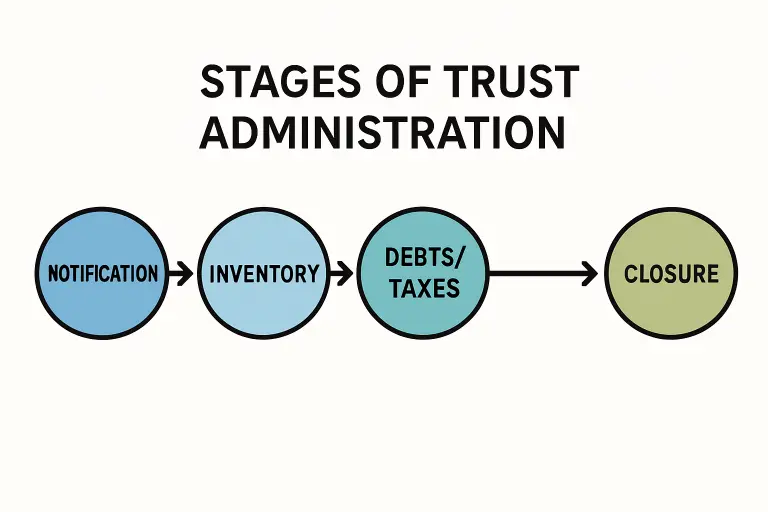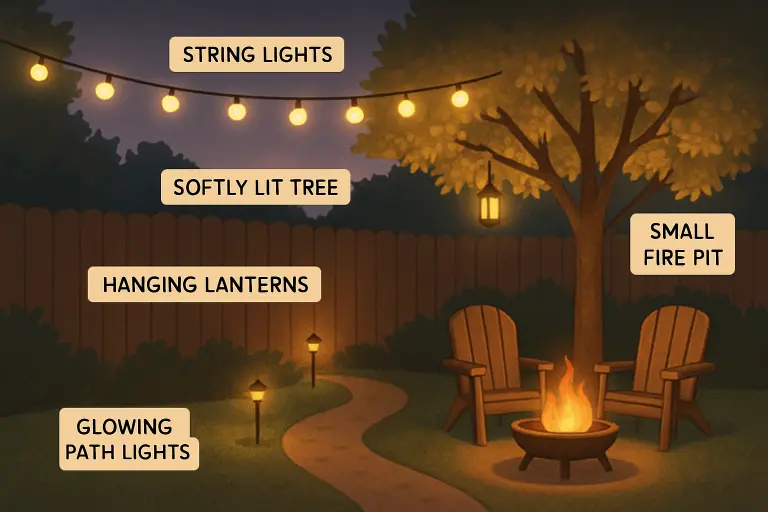Table of Contents
Key Takeaways
- Retirement is an opportunity to renew and expand your social life.
- Proactiveness and an open mind are vital for building friendships.
- Joining clubs, volunteering, and utilizing technology can enhance your social network.
- Maintaining mental health and achieving life satisfaction are closely linked to social connections.
Redefining Social Life in Retirement
Retirement brings an end to working life’s relentless pace, but it also shifts social dynamics. Without daily interactions at the workplace, retirees must redefine their social landscapes. Free from professional commitments, this new phase offers the perfect chance to revitalize personal connections and foster new friendships. Embracing this change can enrich life with diverse interactions and experiences, adding value and joy to the golden years.
Being Proactive
Taking the initiative is one of the most critical steps in finding friends during retirement. While social opportunities in the workplace were often built into the daily routine, retirees must now actively seek new interactions. Villas Independent Living communities offer various activities and events to foster socialization, including community parties, field trips, happy hours, themed parties, movie nights, bingo, live entertainment, and social outings. This might mean reaching out to old acquaintances, joining new activities, or simply introducing yourself to neighbors. Proactiveness in social settings can lead to rewarding relationships and unexpected camaraderie.
Joining Clubs and Groups
Clubs and groups provide structured settings for meeting people who share similar interests. Whether joining a local hiking group, a bridge club, or a book discussion circle, these environments allow regular interaction with like-minded individuals. Local community centers and libraries can be treasure troves of information about available clubs. For those interested in staying physically active, joining a fitness class or sports team is an excellent way to connect while benefiting health.
Such memberships facilitate friendships, introduce varied perspectives, and enrich personal experiences.
Exploring New Hobbies
Retirement presents the perfect opportunity to delve into hobbies that may have been sidelined during working years. Whether learning to paint, play an instrument, or garden, picking up new skills can be immensely fulfilling. Classes and workshops designed for beginners correlate directly with meeting new people with similar interests. These shared learning experiences create common ground for friendships to flourish.
Engaging in new activities stimulates the brain, fosters creativity, and enriches social life.
The Impact of Volunteering
Volunteering is a rewarding way to spend free time during retirement and offers an excellent avenue for meeting new people. Whether helping at a local food bank, mentoring youth, or participating in environmental initiatives, volunteering connects individuals with a community of altruistic peers. The shared goal of contributing positively to society creates strong bonds and deepens friendships.
Giving back through volunteering fulfills a sense of purpose, enhancing emotional well-being and life satisfaction.
Technology and Making Connections
In today’s digital age, technology can be a powerful ally in expanding one’s social network post-retirement. Connecting with social media, video-calling apps, and online communities has never been easier. Platforms like Facebook, Meetup, and Nextdoor provide endless opportunities to interact with friends or make new ones locally and globally.
Technology bridges geographical distances, ensuring continued interaction even with family and friends who live far away.
Mental Health Benefits
An active social life in retirement is not merely a bonus—it is essential. Regular social interactions contrast with isolation and loneliness, which can negatively affect mental health. Engaging with friends helps maintain cognitive function, reduces stress, and provides emotional support. Studies consistently show that individuals with strong social networks live longer, happier lives.
Being socially active counteracts retirement loneliness, boosting morale and fostering a positive outlook.
Achieving Balance in Social Life
While forging new social ties is important, maintaining a balanced social life is crucial. Overextending oneself can lead to stress, while too much isolation can lead to loneliness. Understanding one’s social needs and limits helps create a fulfilling, balanced lifestyle. A combination of social activities, solitary hobbies, and family interactions can offer a well-rounded approach to happiness in retirement.
Retirement is a time of renewal and exploration, with the formation of fulfilling social connections enriching this unique phase of life.
In conclusion, retirement presents a golden opportunity to explore new friendships and activities that enhance quality of life. Retirees can create a vibrant social network that brings joy and fulfillment by being proactive, joining groups, exploring new hobbies, volunteering, and leveraging technology.































































































































































































































































































































































































































































































































































































































































































































































































































































































































































































































































































































































































































































0